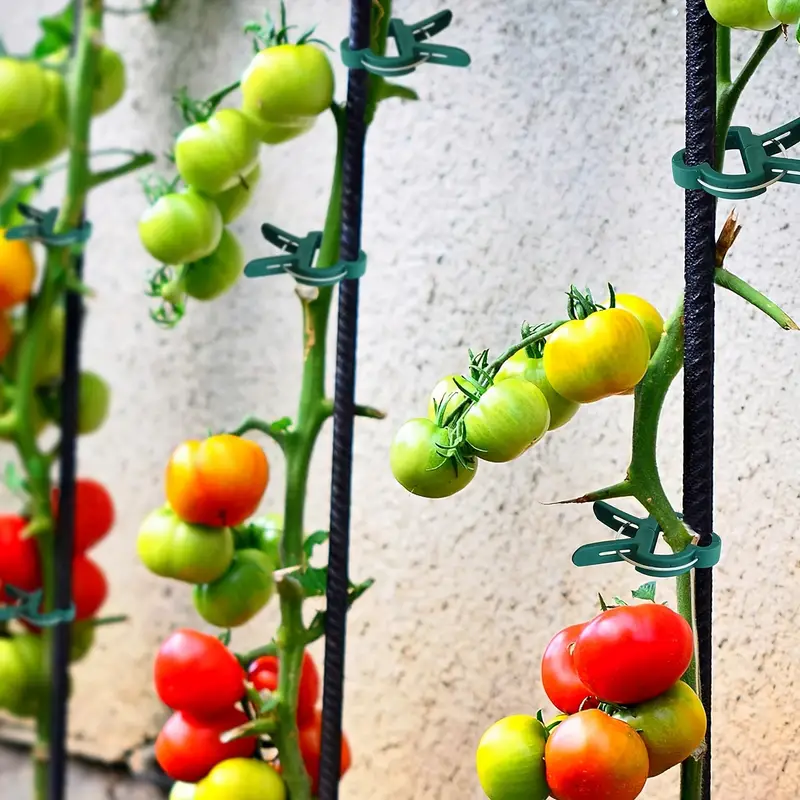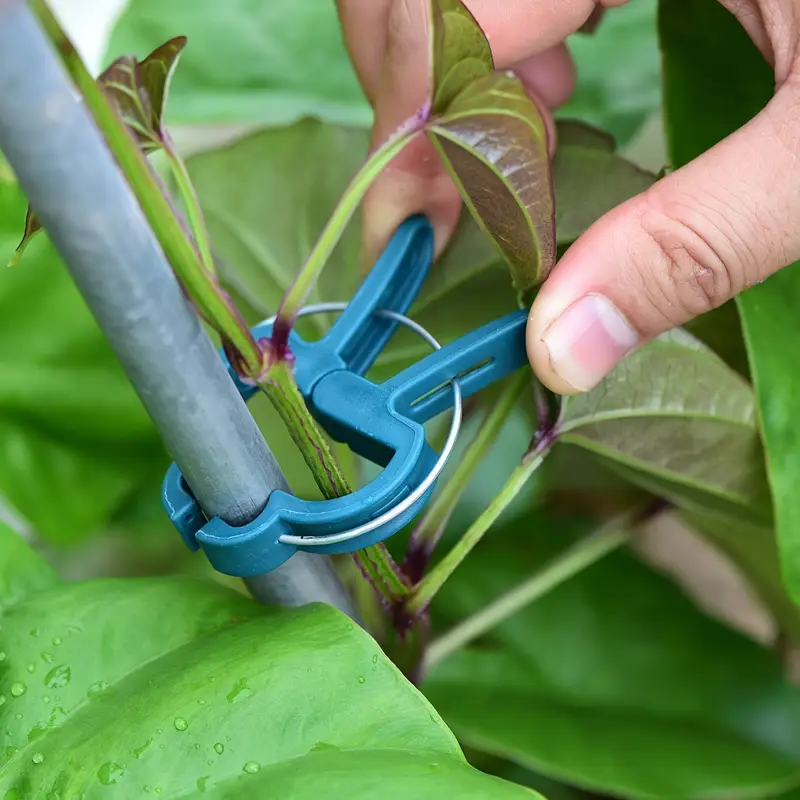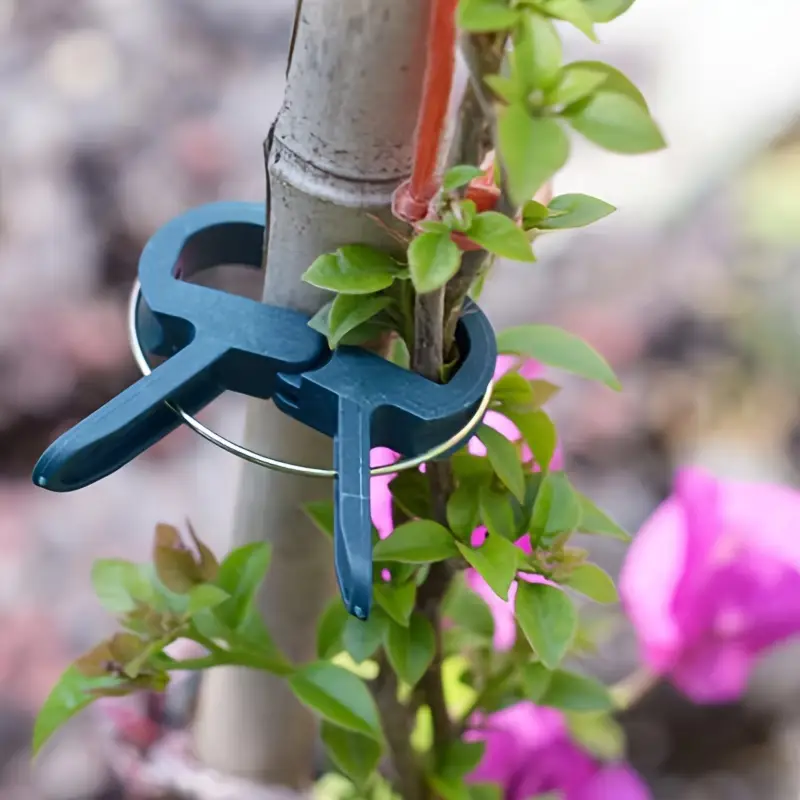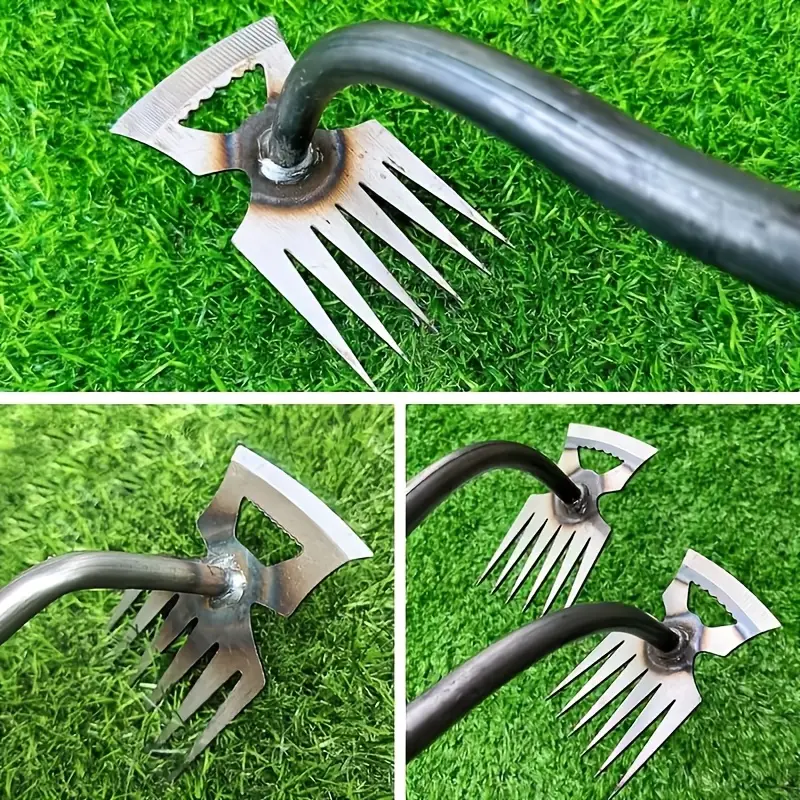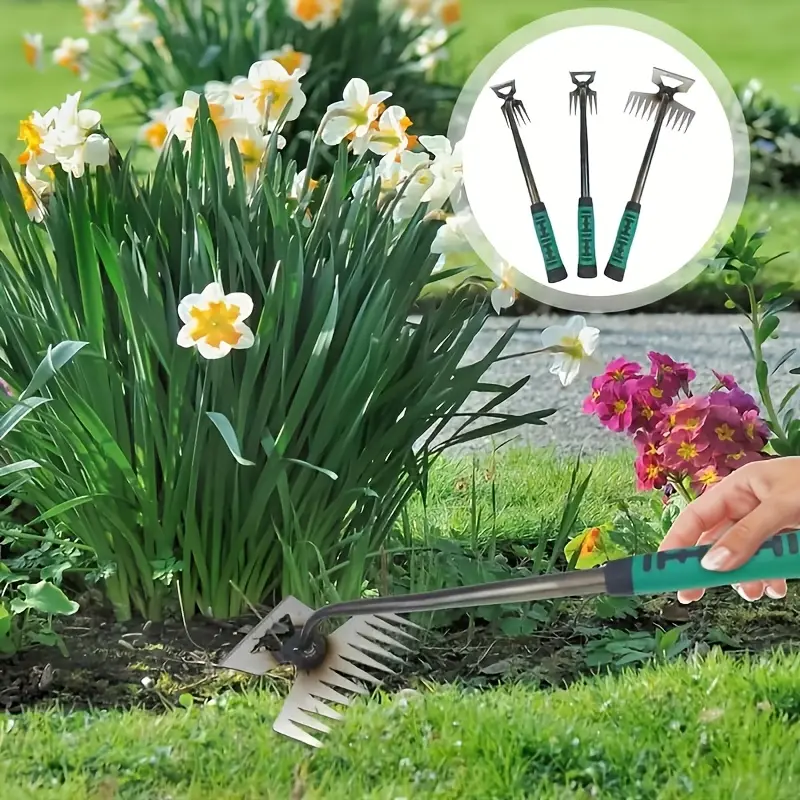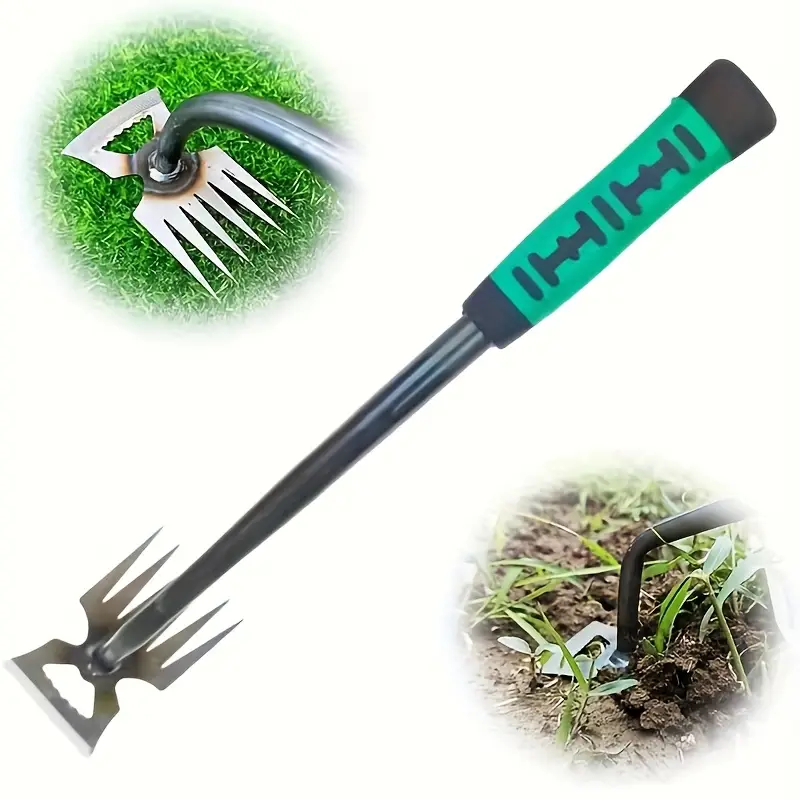Growing vegetables in North West requires adapting to the region's semi-arid climate, with hot summers and mild winters. The key to success lies in selecting the right crops for each season—summer crops like tomatoes, peppers, and beans thrive in the heat, while cooler-season vegetables like cabbage, spinach, and carrots perform well in winter. Efficient irrigation, soil preparation, and pest management are essential to ensure healthy growth and a bountiful harvest in this region. With the right care and planning, North West can offer great rewards for vegetable gardeners.
Cultivating a successful vegetable garden in the North West province of South Africa requires careful planning to align with the region's climate and seasonal variations. The province experiences a semi-arid climate with hot summers and mild winters, making it essential to choose appropriate planting times for various vegetables.
Click HERE to Buy Bulk Seeds
Specific Planting Times:
January:
Sow: Bush Beans, Beetroot, Broccoli, Brussel Sprouts, Cabbage, Cauliflower, Lettuce, Spinach, and Swiss Card.
February:
Sow: Beetroot, Broccoli, Brussel Sprouts, Cabbage, Cauliflower, Lettuce, Onions, Radish, Spinach, Spring Onions, Swiss Chard, and Turnips
March:
Sow: Beetroot, Chinese Cabbage, Garlic, Kale, Leeks, Lettuce, Onions, Pickling Onions, Radish, Spinach, Spring Onions, Swiss Chard and Turnips.
April:
Sow: Artichoke, Asparagus, Broad Beans, Beetroot, Chinese Cabbage, Garlic, Kale, Leeks, Pickling Onions, Radish, Spinach, Spring Onions, Swiss Chard, and Turnips.
May:
Sow: Artichokes, Asparagus, Broad, Beans, Chinese Cabbage, Garlic, Kale, Leeks, Pickling Onions, and Turnips.
June:
Sow: Artichoke, Asparagus, and Turnips.
July:
Sow: Artichoke, Asparagus, Chinese Cabbage, Pickling Onions, Pease, and Potatoes.
August:
Sow: Bush Beans, Runner Beans, Beetroot, Chinese Cabbage, Cauliflower, Celery, Chillies, Kale, Leeks, Lettuce, Pickling Onions, Peas, Peppers, Potatoes, Radish, Spinach, Spring Onions, Squash, Sweet Potatoes, Swiss Chard, and Tomatoes,
September:
Sow: Bush Beans, Runner Beans, Beetroot, Chinese Cabbage, Carrots, Cauliflower, Celery, Corn, Cucumbers, Chillies, Kale, Leeks, Lettuce, Melons, Pickling Onions, Parsnips, Peas, Peppers, Potatoes, Pumpkins, Radish, Spinach, Spring Onions, Squash, Sweet Potatoes, Swiss Chard, Tomatoes and Watermelons.
October:
Sow: Bush Beans, Runner Beans, Beetroot, Carrots, Celery, Corn, Cucumbers, Chillies, Melons, Parsnips, Peppers, Potatoes, Pumpkins, Radish, Spinach, Spring Onions, Squash, Sweet Potatoes, Swiss Chard, Tomatoes, and Watermelons.
November:
Sow: Bush Beans, Runner Beans, Beetroot, Cabbage, Carrots, Celery, Corn, Cucumbers, Chillies, Melons, Pumpkins, Radish, Spinach, Squash, Sweet Potatoes, Swiss Chard, Tomatoes, and Watermelon.
December:
Sow: Bush Beans, Runner Beans, Beetroot, Broccoli, Cabbage, Cauliflower, Celery, Corn, Cucumbers, Chillies, Spinach, Squash, Sweet Potatoes, and Swiss Chard.
Note: These guidelines are adapted from general planting recommendations for the North West province. Specific planting times can vary based on local microclimates. Always consider local conditions and consult regional guides.
Adjustable Garden Plant Support Clips in 2 Sizes - Durable Black Plastic with Green Grip for Flowers, Vines, Vegetables & Tomatoes - Reusable Stem Uprighting Aids, Plant Accessories
Click HERE for information on the adjustable garden support clips.
General Planting Guidelines for North West:
Summer Crops (October to March): Ideal for heat-loving vegetables such as tomatoes, peppers, beans, and cucumbers.
Winter Crops (April to September): Suitable for cooler-season vegetables like cabbage, spinach, onions, and carrots.
General Cultivation Tips:
Soil Preparation: Enhance soil fertility by incorporating well-rotted compost or organic matter to improve structure and nutrient content.
Watering: Maintain consistent soil moisture, especially during dry periods, to support healthy plant growth.
Mulching: Apply organic mulch to conserve moisture, regulate soil temperature, and suppress weed growth.
Pest Management: Regularly inspect plants for signs of pests or diseases and employ organic control methods when necessary.
Crop Rotation: Practice rotating different plant families in your garden beds each season to prevent soil depletion and reduce the risk of pests.
Frost Protection: In areas prone to frost, use protective covers or plant frost-resistant varieties to safeguard your crops during colder months.
By aligning your gardening practices with the North West province's climate and following these guidelines, you can cultivate a productive and healthy vegetable garden.
Introduction to Sowing, Cultivating, and Harvesting Vegetables in North West
The North West province of South Africa offers a semi-arid climate with hot summers and mild winters, which can present both challenges and opportunities for vegetable gardening. Success in this region requires careful planning to match plant needs with the available weather conditions. With adequate water management, proper soil care, and attention to seasonal timing, gardeners can cultivate a variety of vegetables year-round.
Weed Puller Tool, Heavy-Duty Garden Weeding Tool, Outdoor Farming Handheld
Weed Remover, Gardening Hand Tool with Ergonomic Handle
Click HERE for information on the Weed Puller Tool
Sowing – Timing and Techniques
Summer crops (October–March): Heat-loving vegetables like tomatoes, beans, peppers, and cucumbers thrive in the warmer months.
Winter crops (April–September): Cool-season vegetables like cabbage, spinach, and carrots can be planted during the milder months.
Sowing Tips:
Direct sow root vegetables like carrots, beetroot, and radishes.
Start leafy greens and fruits like tomatoes and peppers in trays for better
Use drip irrigation to ensure consistent moisture for crops.
Mulch around plants to retain moisture and reduce weed competition.r control.
Add organic compost to improve soil fertility.
Cultivating – Ensuring Healthy Growth
With limited rainfall, efficient irrigation, and soil management are key to successful vegetable growing in the North West.
Monitor plants for pests and diseases and use organic pest management when needed.
Harvesting – When to Collect
Leafy crops: Harvest outer leaves regularly to promote continued growth.
Root vegetables: Harvest when the roots are firm and mature.
Fruiting vegetables: Harvest when fully ripe for the best flavor and texture.
Conclusion
By understanding the unique climate challenges of the North West and applying the right techniques for sowing, cultivating, and harvesting, gardeners can enjoy a productive vegetable garden. Planning according to seasonal changes and ensuring proper care will lead to a successful and healthy harvest year-round.
My Creative LifeStyle does sell its own locally produced products. We may receive a commission when you click on some of our links to make a purchase, with no additional cost to you. Thank you for your loyal support.
Need a Card Machine to collect payments on the go. Yoco, can meet all your needs.
Click HERE for more information.




